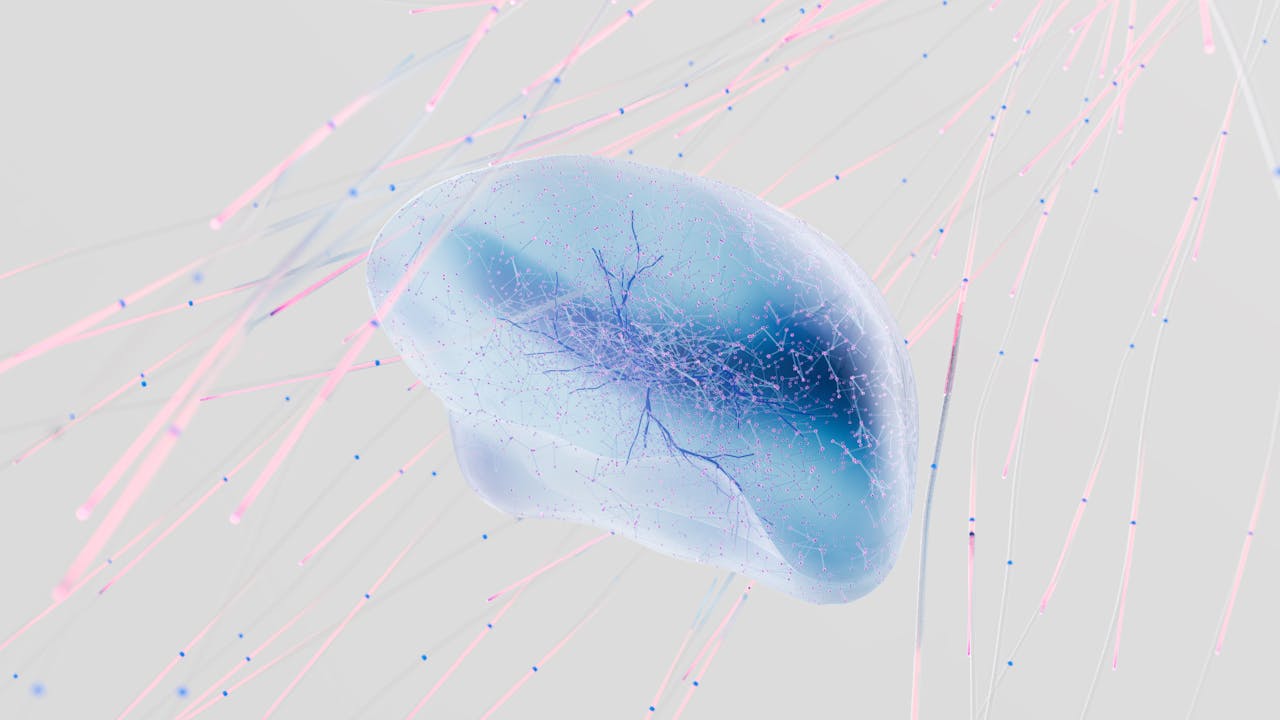Physical Wellness
Pregnant Women's Diet Less Than Ideal: Report [VIDEO]
A study revealed that pregnant women's diet does not meet the recommendations in the Dietary Guidelines for Americans.
Over 7,500 pregnant women in the country provided information about their eating habits during the three months around conception. Using the 2010 Healthy Eating Index, their diet was evaluated based on the important factors of diet quality.
The report published on March 17 in the Journal of the Academy of Nutrition and Dietetics showed that just less than 5 percent of black women and 14 percent of Hispanic women scored in the highest range. Less than 25 percent of pregnant white women got the highest healthy eating scores, which increased as their educational level went up.
The analysis, which looked into all levels of education, revealed that black women had the lowest average scores. None of the pregnant women who took part in the research attained the dietary recommendations specified in the guidelines, WebMD reported.
The study author Lisa Bodnar of the University of Pittsburgh School of Public Health suggested that societal and policy changes be put in place to urge pregnant women to opt for a healthier diet. It will produce more favorable results than relying only on improving nutritional counseling given by doctors to pregnant women during their appointments.
The risk of obesity and other conditions such as preeclampsia, preterm birth and delayed growth of the unborn baby can be reduced when pregnant women have healthy diets.
Certain nutrients are essential to the baby's development. A pregnant woman needs 25 grams more protein daily than before pregnancy. Iron is crucial to the production of hemoglobin, the protein molecule in red blood cells that carries oxygen throughout the body. Iron-deficiency anemia in pregnant women is linked to iron deficiency in babies and low birth weight.
To prevent lower bone mass and osteoporosis, it is important for mothers to get enough calcium. For proper brain and eye development of the baby, pregnant women might want to include food rich in docosahexaenoic acid (DHA) such as salmon and fortified eggs in their diet, according to WebMD.
The researchers called for discovering different ways to enhance the diets of everyone especially women likely to become pregnant.









Join the Conversation